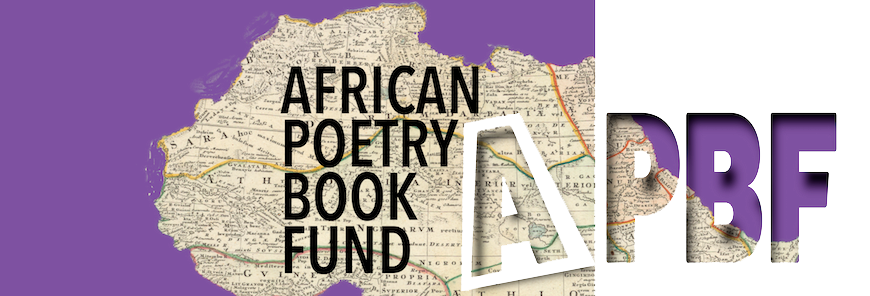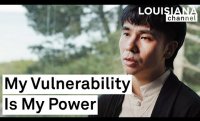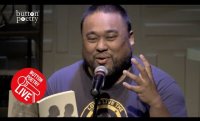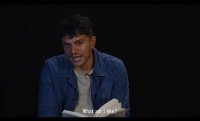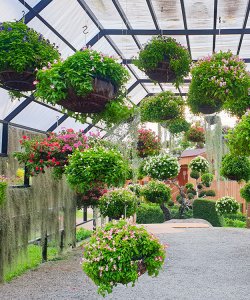The deadline is approaching for the Glenna Luschei Prize for African Poetry, presented by the African Poetry Book Fund and in partnership with Prairie Schooner. Offered annually for a book of poetry written by an African poet and published during the previous year, the prize awards $1,000. Writers who were born in Africa, who are a national or a resident of an African country, or whose parents are African are eligible. Only collections written in English, including works of translation, will be considered.
Authors and publishers may submit four copies (or unbound proofs) of a poetry collection of at least 48 pages published in 2021 by October 1. There is no entry fee. Gabeba Baderoon will judge. Visit the website for an entry form and complete guidelines.
Established in 2015, this Pan African Poetry Prize, named after the literary philanthropist Glenna Luschei, “is the only one of its kind in the world and aims to honor and promote African poetry.” The winner will be announced in January 2023. Please note that self-published books and books published by the African Poetry Book Fund are ineligible. Recent winners include Mangaliso Buzani (a naked bone), Koleka Putuma (Collective Amnesia), Juliane Okot Bitek (100 Days), and Rethabile Masilo (Waslap). Established in 2015, this Pan African Poetry Prize, named after the literary philanthropist Glenna Luschei, “is the only one of its kind in the world and aims to honor and promote African poetry.” The winner will be announced in January 2023. Please note that self-published books and books published by the African Poetry Book Fund are ineligible. Recent winners include Mangaliso Buzani (a naked bone), Koleka Putuma (Collective Amnesia), Juliane Okot Bitek (100 Days), and Rethabile Masilo (Waslap).







